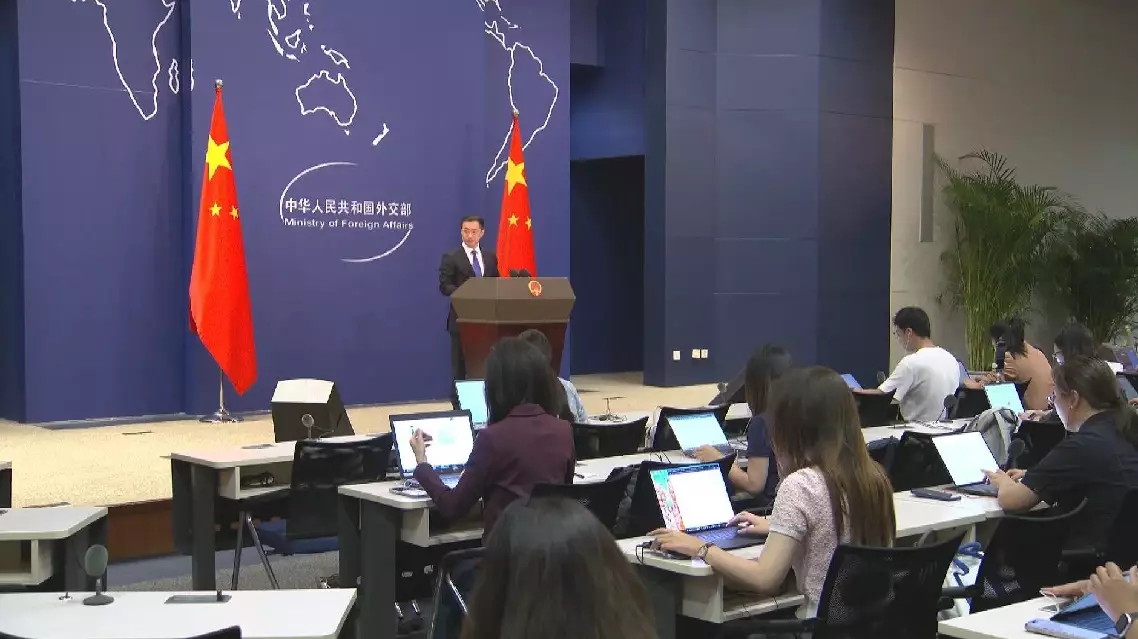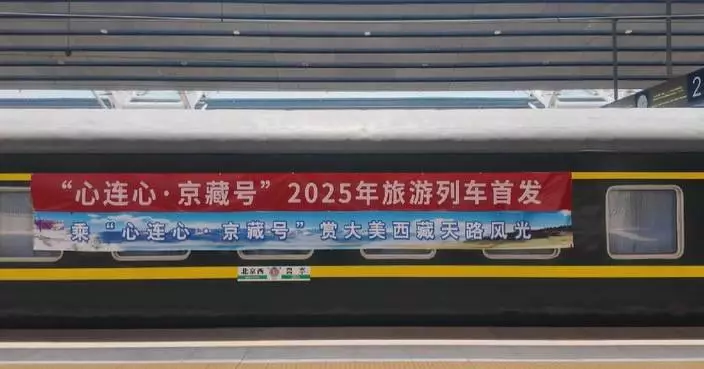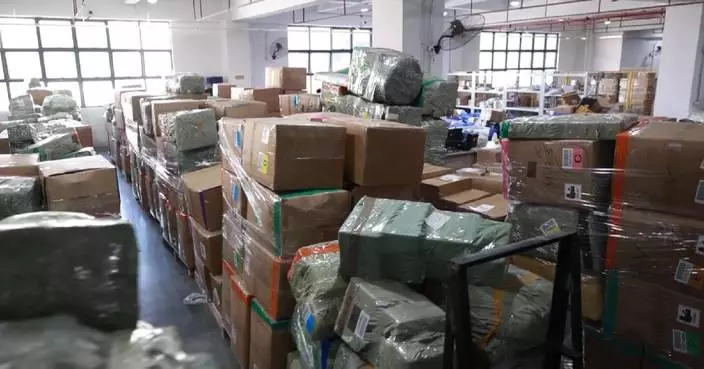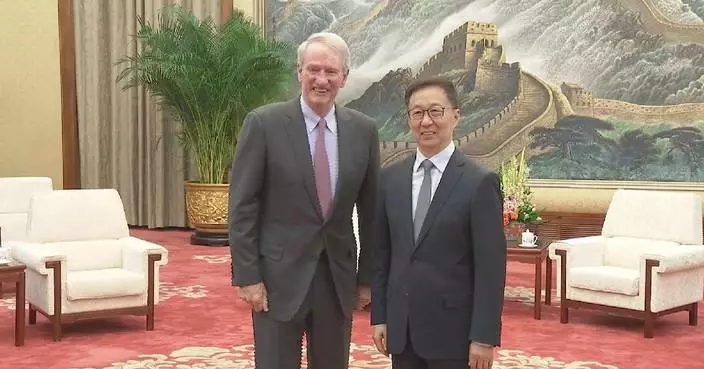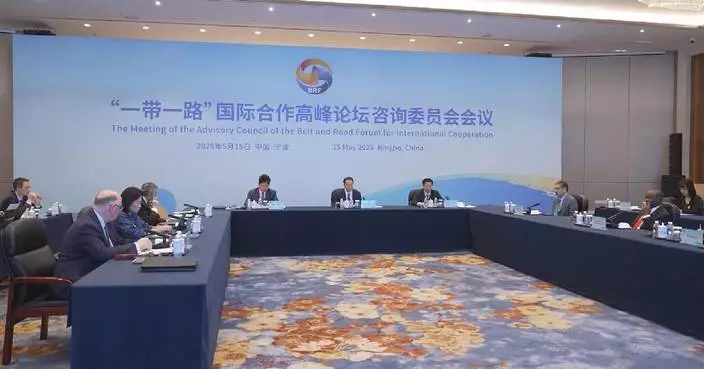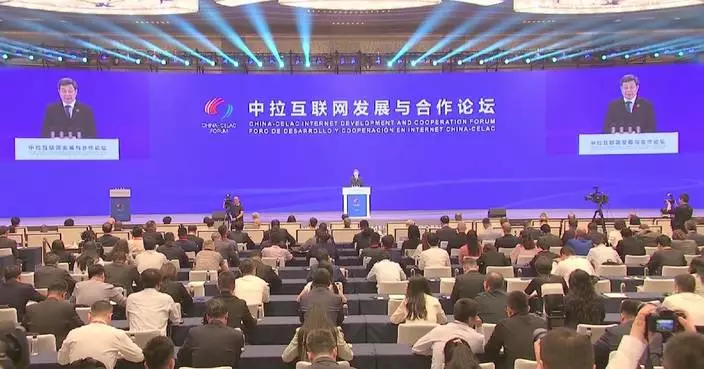Germany's decision to boost military spending has fueled debate, with officials and experts scrutinizing its feasibility and broader implications.
On March 18, Germany's new government passed an amendment to its Basic Law, allowing for increased borrowing to support defense, security, and aid to Ukraine.
The new policy removes debt ceilings for spending on defense, civil protection, intelligence agencies, and aid to conflict-affected countries that exceeds 1 percent of GDP. By the end of 2025, defense spending alone is projected to reach 3 percent of GDP, amounting to approximately 129 billion euros annually.
This significant increase has raised concerns among Germans, especially given the current financial constraints in education, research, and social welfare.
Critics argue that the increased military budget could come at the expense of other social programs, while others question whether this expansion will truly benefit Germany's economy or merely deepen its reliance on the U.S. military-industrial complex.
Rainer Rothfuss, a member of the federal parliament, voiced concerns about the policy's long-term impact.
"War and imagined military needs are being used as a temporary band-aid to save the German economy. But this is a bad sign. We must always remember that military spending is ultimately supported by taxes. If we want to increase military investment, we have to raise taxes on individuals and businesses, or cut other spending, or lower their priority, such as education, research, and development. These are the areas that keep the economy competitive in the long run. I deeply regret the government's policy on this," he said.
Despite efforts to grow its domestic military industry, Germany continues to rely heavily on U.S. technology and components. This reliance is particularly evident in the maintenance of military equipment sent to Ukraine, with many critical parts sourced from the U.S., raising questions about who truly benefits from Germany's military expansion.
Rainer Rupp, a German journalist, highlighted the deep entanglement of Germany's military industry with the U.S.
"Germany has no choice but to cooperate with the U.S. because many parts and technologies needed to produce large weapon systems are still imported from the U.S. In addition, the maintenance of our existing weapons also has to be done by the U.S. In other words, Germany's military industry is actually deeply dependent on the U.S. If the U.S. decides to ease relations with Russia and restore economic cooperation, Europe's military expansion may be meaningless," he said.
Joachim Bonatz, a German economic expert, pointed to the role of the U.S. military-industrial complex and media groups in driving the demand for increased arms production.
"The U.S. companies that want to increase arms production are part of the military-industrial complex. There are also media groups. They want to ensure a continuous flow of military orders," said Bonatz.
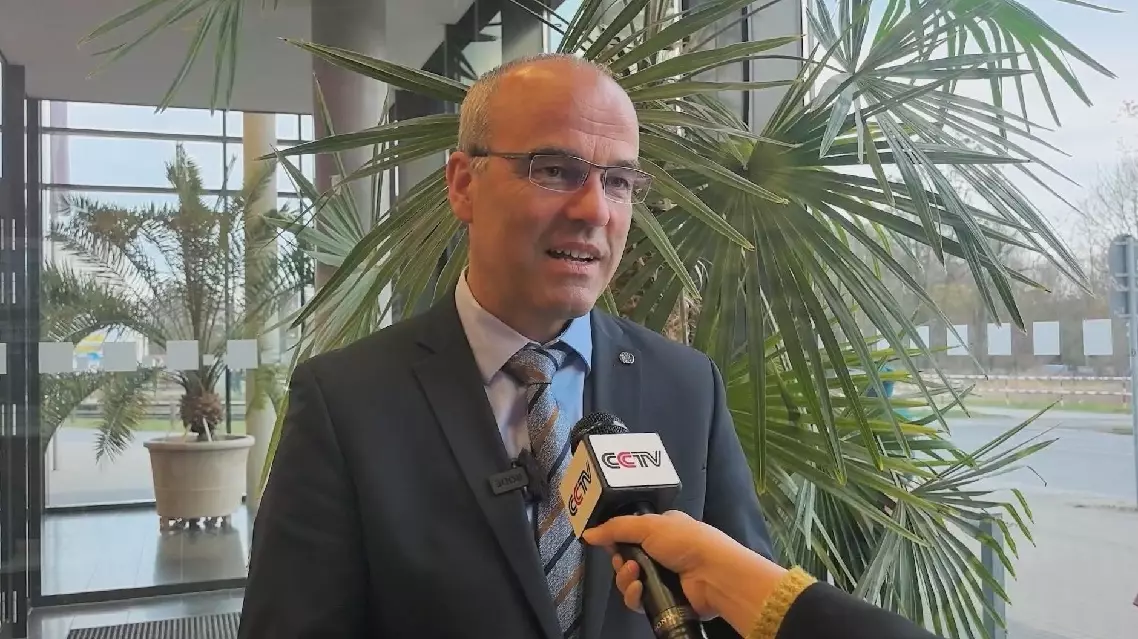
Germany's rising military expenditure sparks public debate
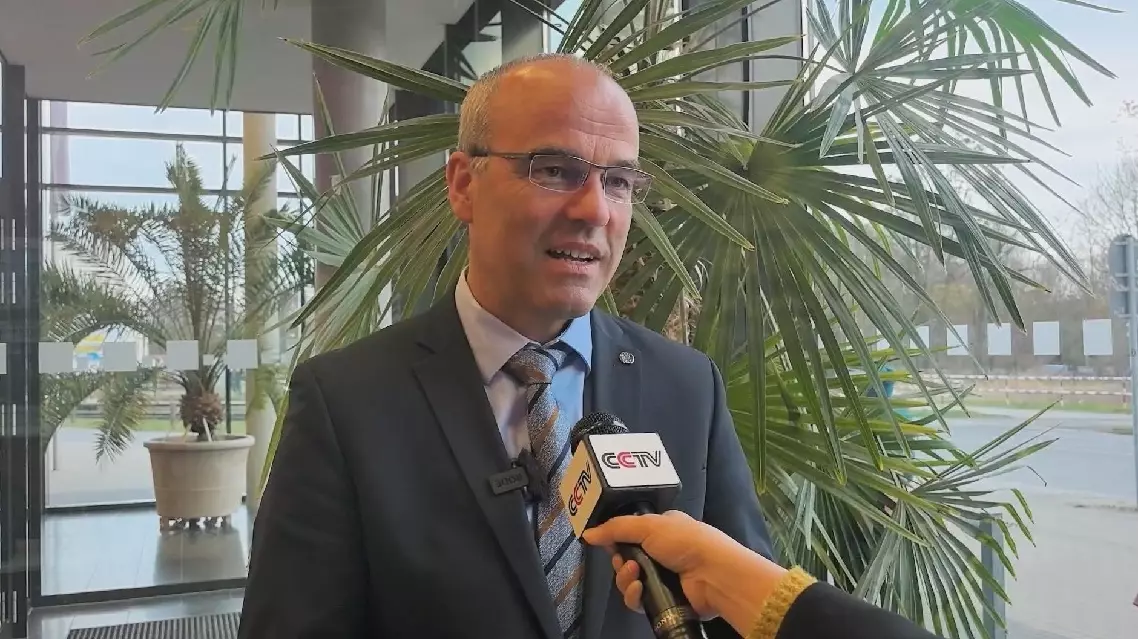
Germany's rising military expenditure sparks public debate



